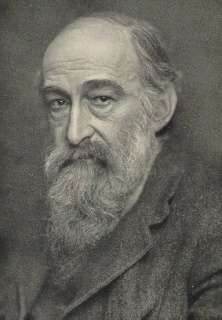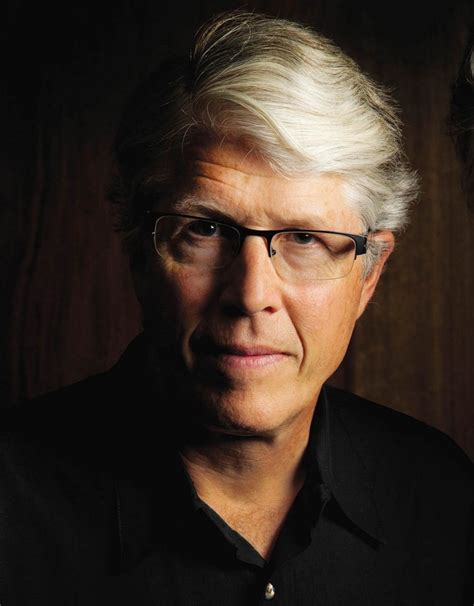A Quote by Samuel Alexander
It may be added, to prevent misunderstanding, that when I speak of contemplated objects in this last phrase as objects of contemplation, the act of contemplation itself is of course an enjoyment.
Related Quotes
For contemplation is both the highest form of activity (since the intellect is the highest thing in us, and the objects that it apprehends are the highest things that can be known), and also it is the most continuous, because we are more capable of continuous contemplation than we are of any practical activity.
It is more than probable that I am not understood; but I fear, indeed, that it is in no manner possible to convey to the mind of the merely general reader, an adequate idea of that nervous intensity of interest with which, in my case, the powers of meditation (not to speak technically) busied and buried themselves, in the contemplation of even the most ordinary objects of the universe.
We have no knowledge, that is, no general principles drawn from the contemplation of particular facts, but what has been built up by pleasure, and exists in us by pleasure alone. The Man of Science, the Chemist and Mathematician, whatever difficulties and disgusts they may have had to struggle with, know and feel this. However painful may be the objects with which the Anatomist's knowledge is connected, he feels that his knowledge is pleasure; and where he has no pleasure he has no knowledge.
I could say I believe in every drop of rain that . . . Well, I believe life is a Zen koan, that is, an unsolvable riddle. But the contemplation of that riddle--even though it cannot be solved--is, in itself, transformative. And if the contemplation is of high enough quality, you can merge with the divine.




































